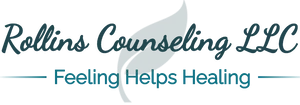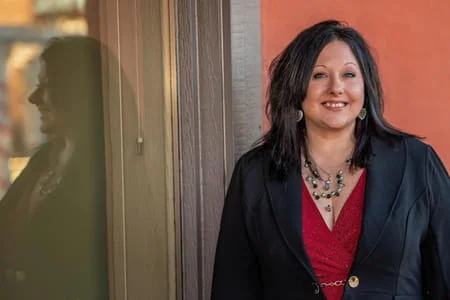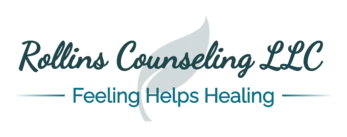- Home >
- Resources & Store >
- Tosha's Favorite Resources
Tosha's Favorite Resources
Email Sign Up
Location
Hours
Monday
Closed
Tuesday
10:00 am - 5:00 pm
Wednesday
10:00 am - 5:00 pm
Thursday
10:00 am - 5:00 pm
Friday
Closed
Saturday
Closed
Sunday
Closed
Please note that the information on this website, social media, blog, or any other form of “online” electronic communication is not, nor is it intended to be psychotherapy or psychological advice. Following this site does not imply nor establish any type of therapist-client relationship. The information and resources contained “online” are for informational purposes only and are not intended to assess, diagnose, or treat any medical condition and/or mental health condition. Direct messages, online inquiries, and comments are not routinely monitored and should also not ever be used for emergency or therapeutic concerns. If you are in crisis or if there is ever an emergency, please call 911 or go to your nearest emergency room.
Get Started
Click on the button below to schedule appointment with Tosha Rollins, LPC today.
Rollins Counseling LLC Copyright 2018-2024 All Rights Reserved




